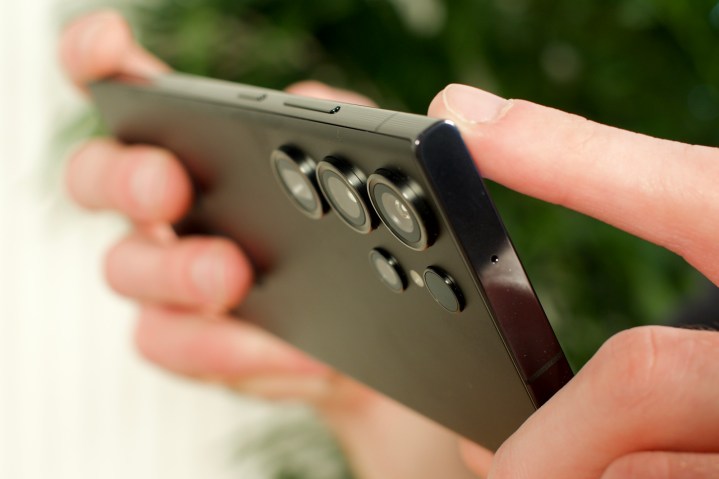If you’re serious about mobile photography or are serious about learning how to professionally edit RAW photos, then you may want to consider the Galaxy S23 Ultra as your next smartphone. Not just because of the 200-megapixel camera, but also because Samsung and Adobe have struck a deal to integrate Lightroom as the default image editor for photos taken with the Samsung Expert RAW app, giving you incredible control over the final result.
Lightroom is already part of the Expert RAW app, but only as a prompt to download the app separately. Now, it appears the app will be updated to make Lightroom part of Expert RAW, rather than just the suggested editing suite. Adobe refers to Lightroom as the exclusive editing suite and adds that it offers pro features and pixel-level control. The tighter integration also lets you transfer images between Galaxy phones and Galaxy PCs, like the new Galaxy Book range, so you can edit on a larger screen.

Photos taken with the Expert RAW app, and edited by someone who knows what they are doing, can look incredible. We shot a selection of images using Expert RAW on the Galaxy S22 Ultra and were really impressed with the results. It’ll be very interesting to see how the new 200MP camera on the S23 Ultra compares. Samsung has worked closely with Qualcomm on the ISP and is confident in the camera’s lowlight ability and how it can minimize noise.
What isn’t clear is how much it will cost to use Adobe Lightroom with Samsung’s Expert RAW app. Adobe Lightroom Mobile is free to download, but with a limited feature set and only basic image editing tools, and no option to sync images across devices in the way described above. To access all these features, you’ll need to pay a $10 monthly subscription. When Samsung first launched the Galaxy S22 series, the Expert RAW app came with a two-month free trial of Lightroom.
We’ve contacted Adobe for clarification and will update here when we know more. The Expert RAW app is a free download from the Galaxy App Store and Google Play, and is compatible with most of Samsung’s flagship smartphones — including the new Galaxy S23 Ultra, along with the Galaxy S22 Ultra, Galaxy S21 Ultra, the Galaxy Z Fold 4, and several other similar devices going back to the Galaxy S20 Ultra.



